'Here & Now' Highlights: Rich Barnhouse, Sen. Chris Larson, John Blakeman
Here's what guests on the June 21, 2024 episode said about the closing of two-year Universities of Wisconsin campuses, the financial turmoil at Milwaukee Public Schools, and the past and present of Donald Trump campaigns in Wisconsin.
By Frederica Freyberg | Here & Now
June 24, 2024
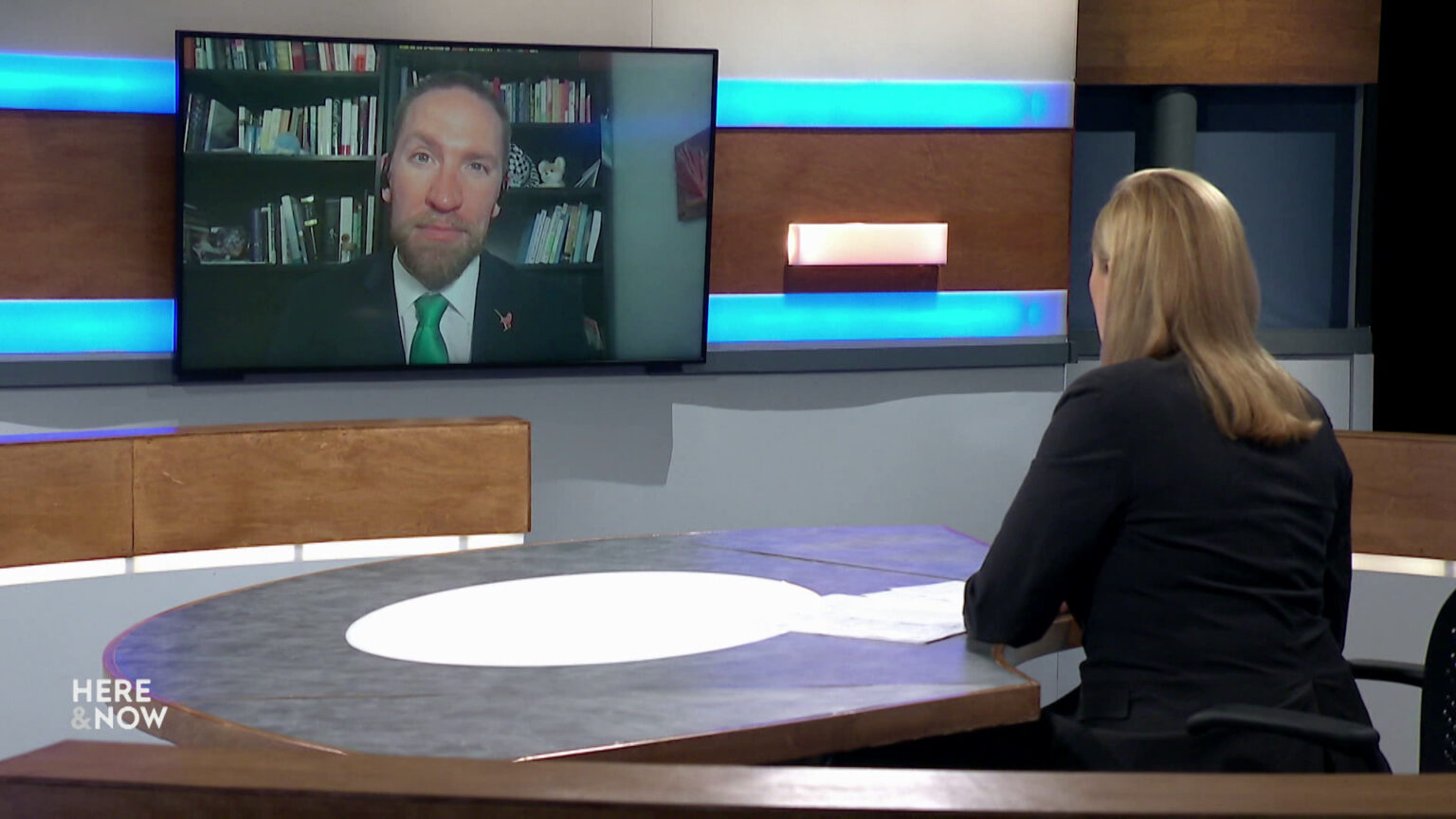
Frederica Freyberg and state Sen. Chris Larson (Credit: PBS Wisconsin)
Waukesha County Technical College President Rich Barnhouse, who formerly managed enrollment for Wisconsin’s university system, said a comprehensive plan much earlier could have resulted in a more orderly response to low enrollment at two-year campuses. State Sen. Chris Larson, D-Milwaukee, said consolidating the Milwaukee Public Schools finance manager into the superintendent’s office decades ago resulted in a power and information vacuum leading to financial failures at the district. UW-Stevens Point political science professor John Blakeman revisited the Trump 2016 campaign, comparing that run with messaging in 2020 and 2024.
Rich Barnhouse
President, Waukesha County Technical College
- University leaders have been warning about shifting demographics and the loss of student enrollment for more than a decade. Declining enrollment has now resulted in the closures of six branch campuses in the Universities of Wisconsin. According to Barnhouse, early and thoughtful planning for these drops – and any ensuing contraction– would have caused a less shocking situation. He described why there was inaction.
- Barnhouse: “I’ll just speak broadly about higher education in general, I’ve worked in a number of different states. I think that there is this concept that if we continue to do what we’re doing, which is really, really good, if we continue to do it, the market forces won’t impact us because what we’re doing is really, really good work. And it’s having a major impact on society and the economy. So I think higher education has often been shielded from what businesses find to be a harsh reality. Now in higher education across the country and of course, Wisconsin as well, we find ourselves directly in the middle of that reality.”
State Sen. Chris Larson
D-Milwaukee
- Before a change in the operation of the Milwaukee Public Schools district, the finance office was managed by the school board, but in the 1990s was rolled into the superintendent’s office. However, an Office of Accountability and Efficiency was later established to work with both the superintendent and the school board. Duties of that office include being “responsible for enhancing transparency, oversight, efficiency, and accountability of the financial operations of MPS…” Larson said critical understaffing of finance positions became known only in the midst of the financial meltdown in the district.
- Larson: “The superintendent’s office said point blank that they were staffed up and that they were only short two [positions].The school board tried to make sure that these positions were filled and that things were being done in a proper way. But again, if you don’t have a proper check, you don’t actually know what’s going on. And I think it’s worth noting that a lot of times [people] view all elected officials as being on the same plane. But for school board members in Milwaukee, much like across the state, these are part time, mostly volunteer positions where they are each paid less than $20,000, which, to put it in perspective, people working a minimum wage job make just about that for the number of hours that they’re putting in. They do not have staff as legislators do as other people in other offices do. So they can ask the questions, but they’re really at the mercy of the superintendent, his office, and what they’re going to present to them.”
John Blakeman
Political science professor, UW-Stevens Point
- Here & Now interviewed Blakeman during the runup to the 2016 presidential election and asked him about the campaign of Donald Trump. Fast forward eight years and many issues – like immigration – continue to be at the forefront, but Blakeman said he never would have predicted all that happened in the intervening years.
- Blakeman: “When I teach American politics and constitutional law, I always like to emphasize to students how the United States, our democracy and our political systems are stable. We peacefully transfer power from one president to another, typically every four years or every eight years. And that turned out not to necessarily be the case, obviously, with January 6. I now have to talk with students about potential instability in our political institutions, which certainly comes out of the 2020 election results. I also have to emphasize the Electoral College a lot more in class than I ever have.”
Watch new episodes of Here & Now at 7:30 p.m. on Fridays.
 Passport
Passport





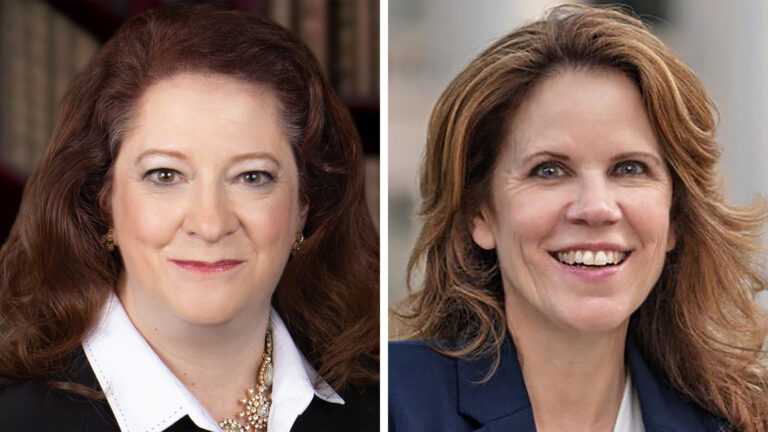
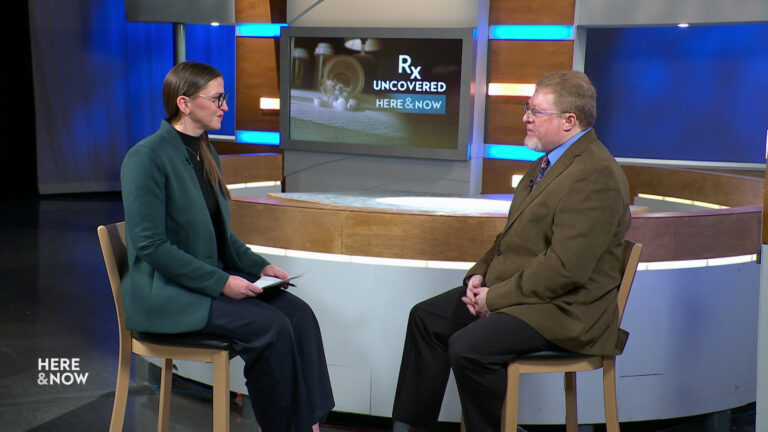

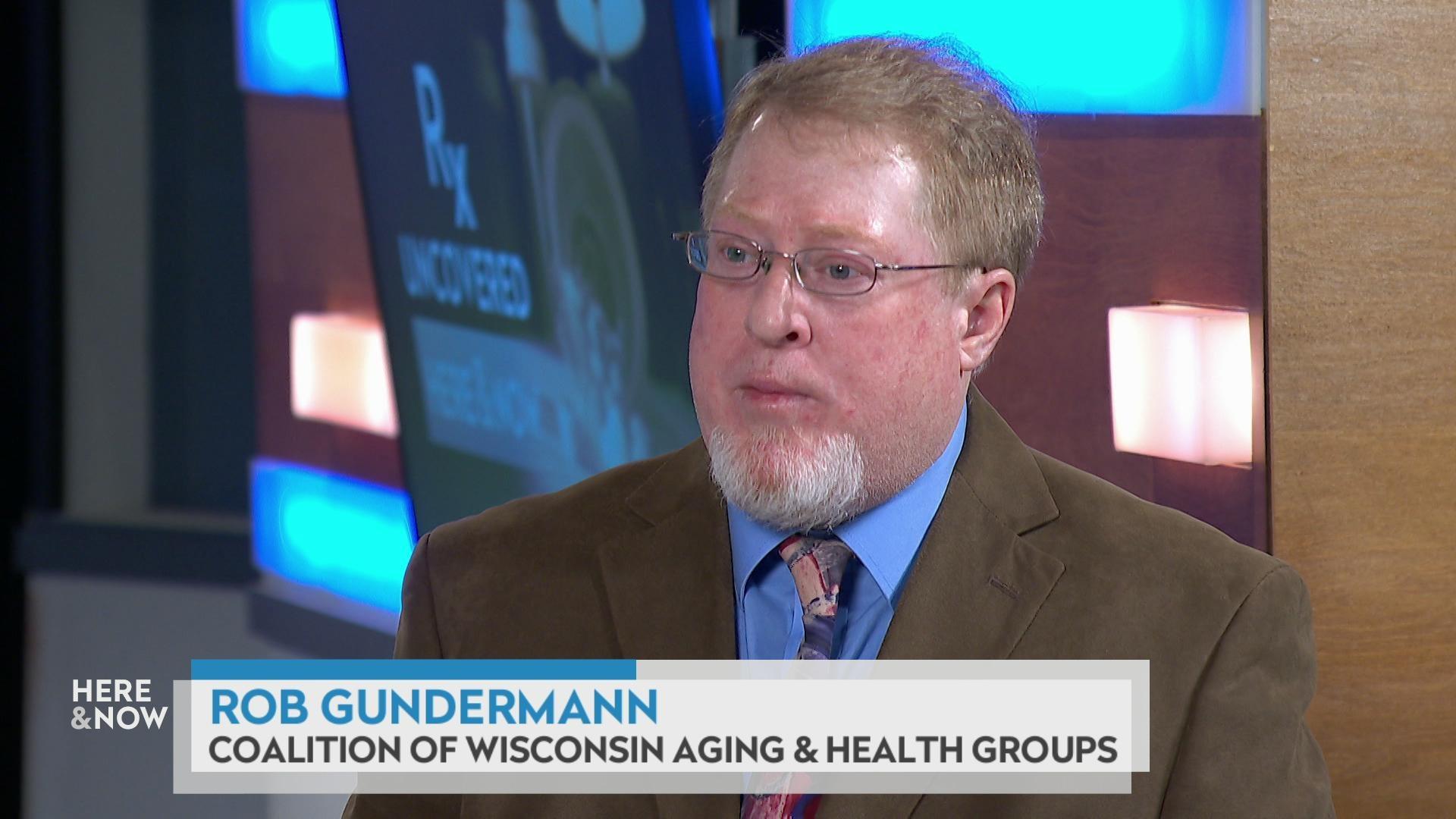
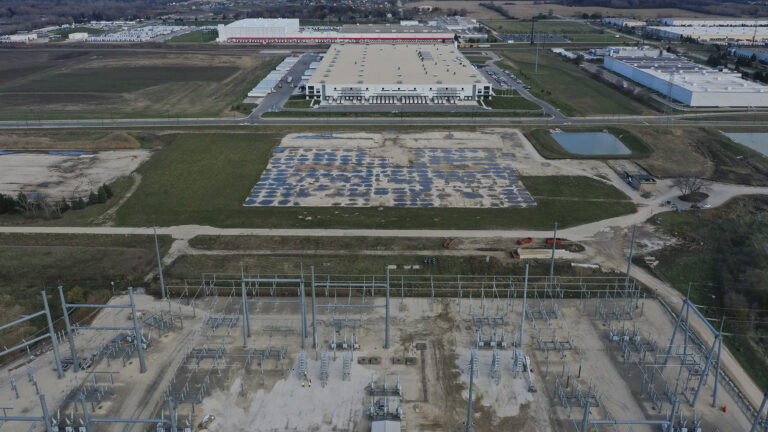

Follow Us